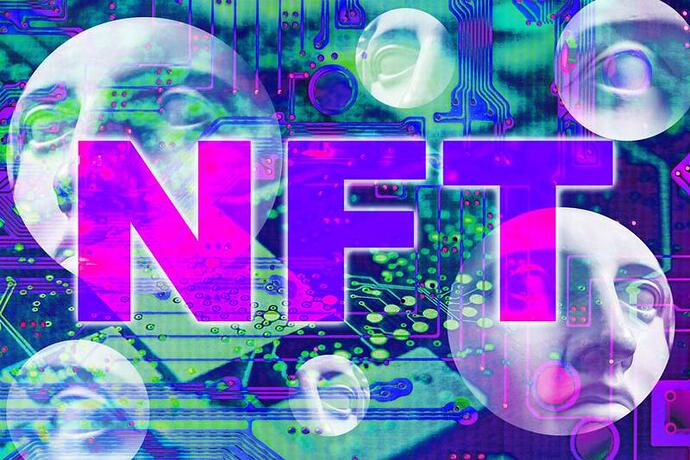NFT, short for “Non-fungible token,” has become an increasingly favored method by individuals and brands to generate additional profit from their creative digital assets. NFTs have even become an ideal currency unit in the virtual metaverse world. However, a question arises: what happens when NFTs are sold? Who truly owns the copyright for a specific NFT – the original content creator or the new owner? And in this case, how will copyright and other forms of intellectual property ownership laws apply?
To explain NFTs, they are unique digital assets with a distinct identification code, such as an artwork, transformed into a unique “token” to prove ownership of that asset. The important thing is that blockchain technology enables digital assets like NFTs to be non-copyable, as each NFT has its own metadata and unique timestamp.
More and more content creators are using NFTs to verify their assets as genuine and minimize fraudulent activities. NFTs have even become an ideal currency unit in the virtual metaverse world.
However, an issue arises when NFTs are sold – who truly owns the copyright for that specific NFT? This has led to copyright and intellectual property-related lawsuits. Buying an NFT doesn’t automatically grant you copyright ownership, and copyright and intellectual property laws still apply in this case.
NFTs can represent various types of digital assets, from artworks to music and even in-game items. Each NFT is unique and cannot be replaced by another NFT. This is the fundamental difference between replaceable and non-replaceable assets.
NFTs are a crucial aspect of the digital world, but understanding copyright and ownership rights in the NFT world is essential to avoid legal issues and disputes.
